China's New Car Pile-Up

In January, the Chinese government had warned its (mostly government-owned) car companies to go easy on capacity expansion. Car sales in China were expected to show more sedate numbers than last year’s torrid growth rate of 45 percent. Sales did not follow government orders. In the first four months of 2010, Chinese car sales grew 60.51 percent. Now finally, the government can say “we told you so.” China’s car dealers sit on a mountain of unsold cars.
Case in point: Brilliance. The Chinese auto maker “has started to face oversupply problems,” says Gasgoo, “with some of its dealers seeing inventories rising in excess of one-and-a-half months.”
To clear the inventory, Brilliance employs the expected: Discounts, combined with higher sales targets for their dealers.
Brilliance can find dubious solace in the fact that they are not suffering alone. “The oversupply problem with Brilliance Auto is just a reflection of an issue dogging the entire sector within the country,” says Gasgoo. During the first four months of the year, 6.17m units were moved. However, by end of April, car makers and dealers found themselves sitting on a pile of one million unsold units, reported state news agency Xinhua.
China’s car makers find themselves in a quandary. If they don’t make enough cars, they lose market share. If they don’t sell enough cars, they lose their shirts. The mountain of unsold cars grows while capacity is added. Something will give, and it’s most likely smaller makers like Brilliance.

Bertel Schmitt comes back to journalism after taking a 35 year break in advertising and marketing. He ran and owned advertising agencies in Duesseldorf, Germany, and New York City. Volkswagen A.G. was Bertel's most important corporate account. Schmitt's advertising and marketing career touched many corners of the industry with a special focus on automotive products and services. Since 2004, he lives in Japan and China with his wife <a href="http://www.tomokoandbertel.com"> Tomoko </a>. Bertel Schmitt is a founding board member of the <a href="http://www.offshoresuperseries.com"> Offshore Super Series </a>, an American offshore powerboat racing organization. He is co-owner of the racing team Typhoon.
More by Bertel Schmitt



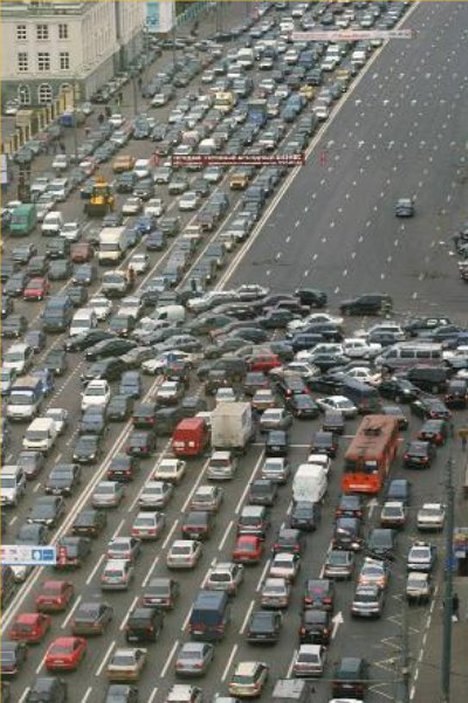















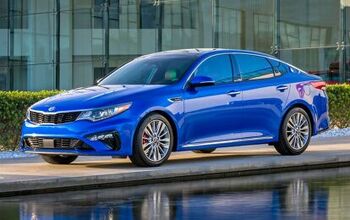
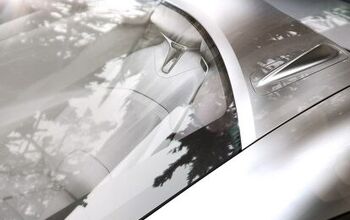
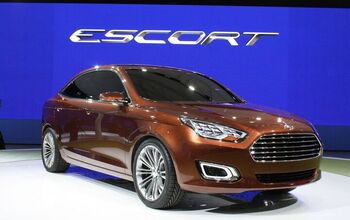
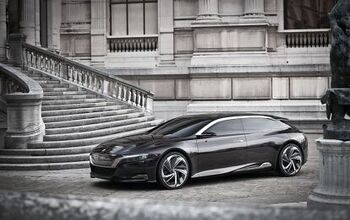
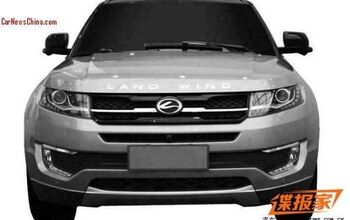










Comments
Join the conversation
What will eventually give is the fact that most car sales are to corrupt government officials. They can only steal from the 'People' so long.
1M cars in inventory really should be no cause for concern -- that's only 20 days' worth of sales. In the US 60 days of inventory is considered to be normal. However, if the Chinese dealers are used to selling the cars the next day after they arrive, then it will certainly be a big shock to them. For the consumers, it should allow increased choice (of colours and equipment in stock) and some availability of discounts from the dealers. Bertel, have you ever done any stories on the retail part of the business in China? I'm curious as to how that works in China, compared to the Western countries.
That picture is great.